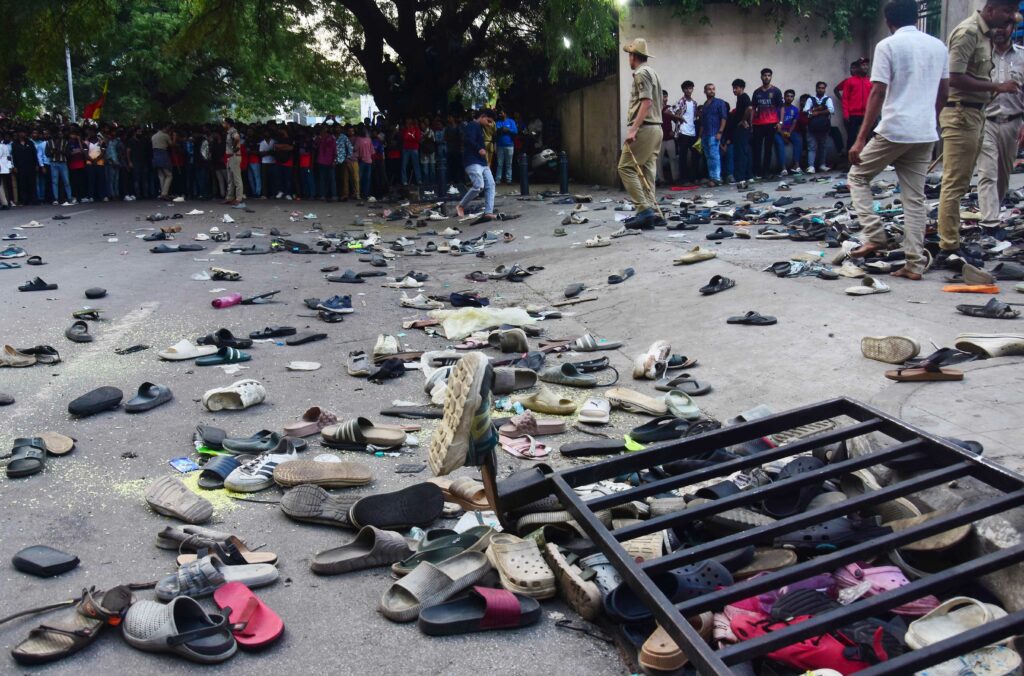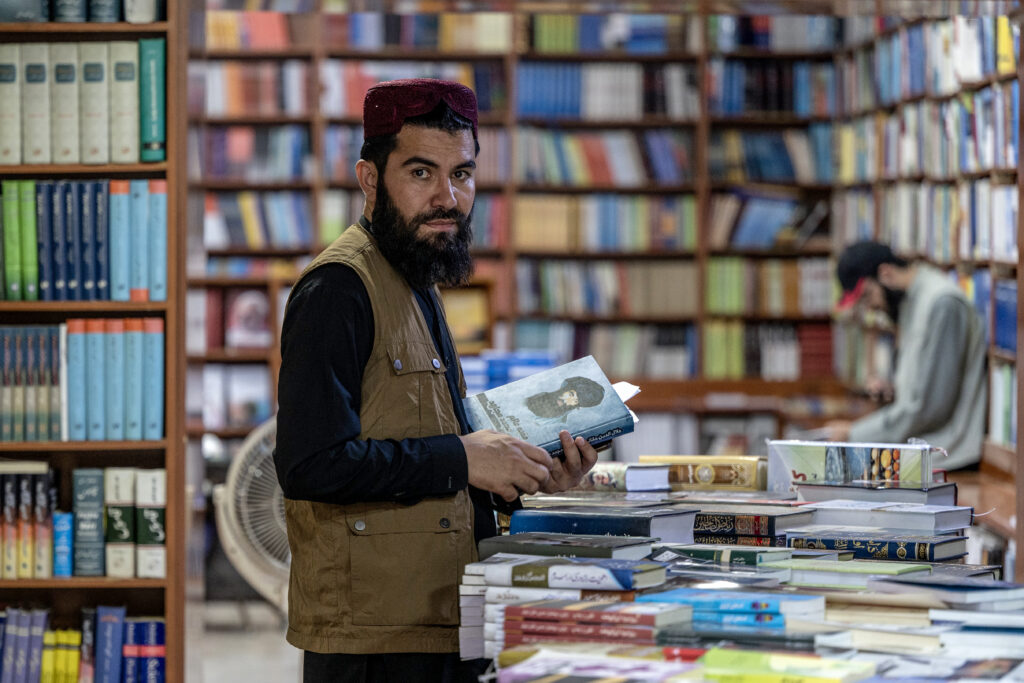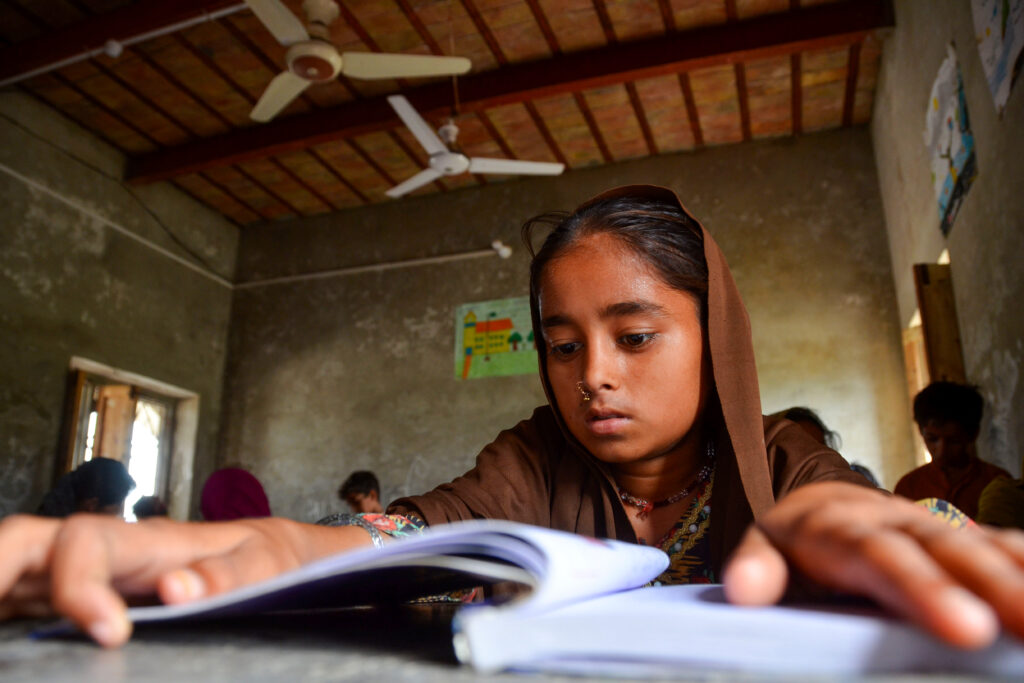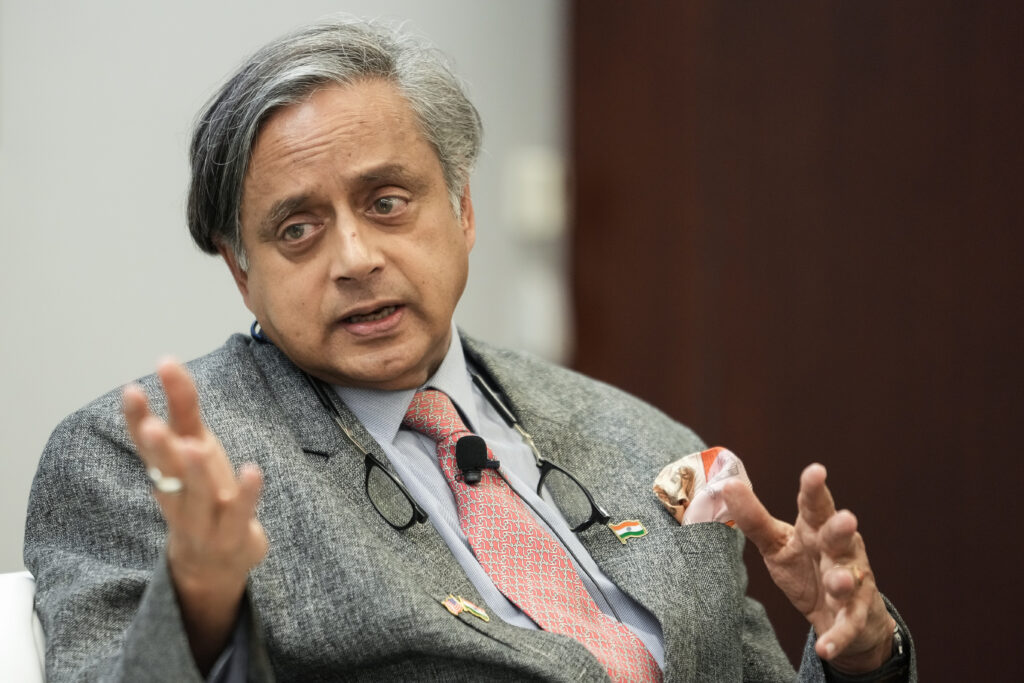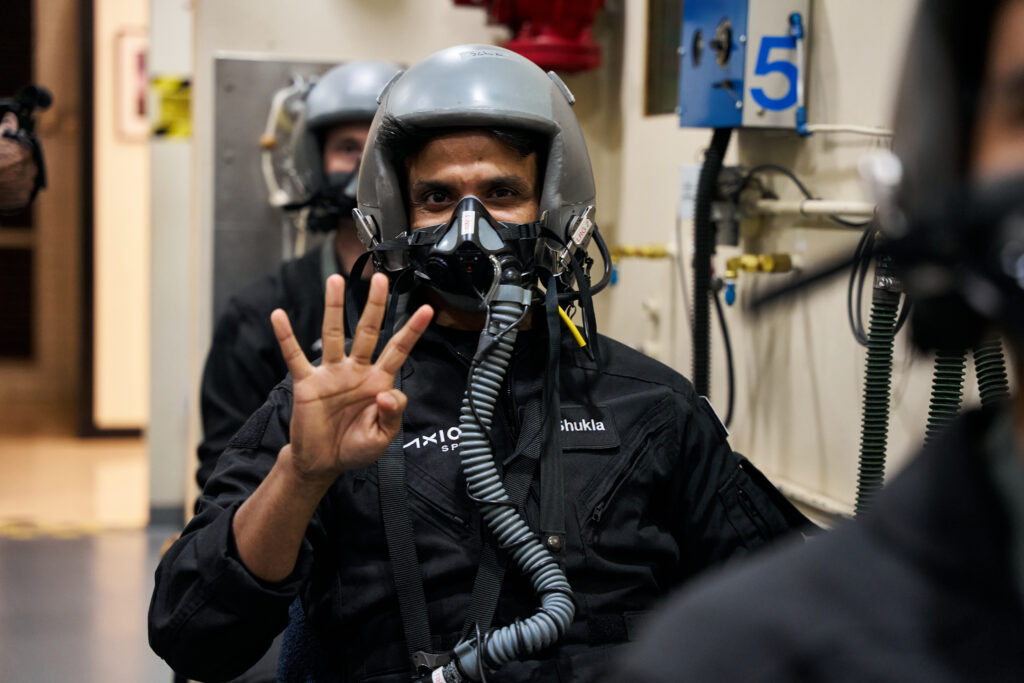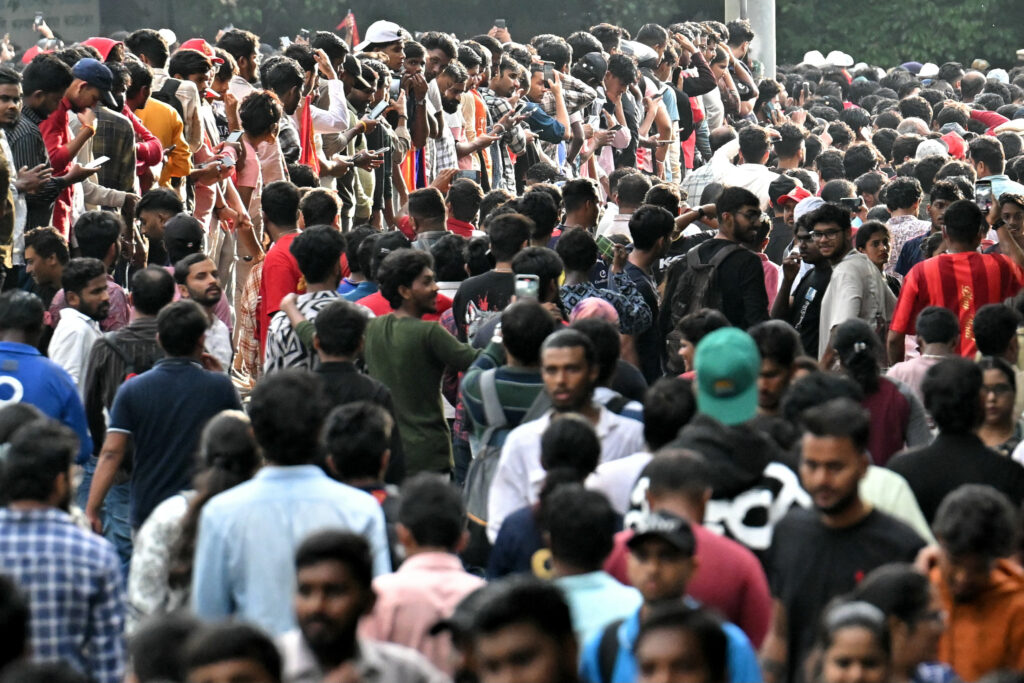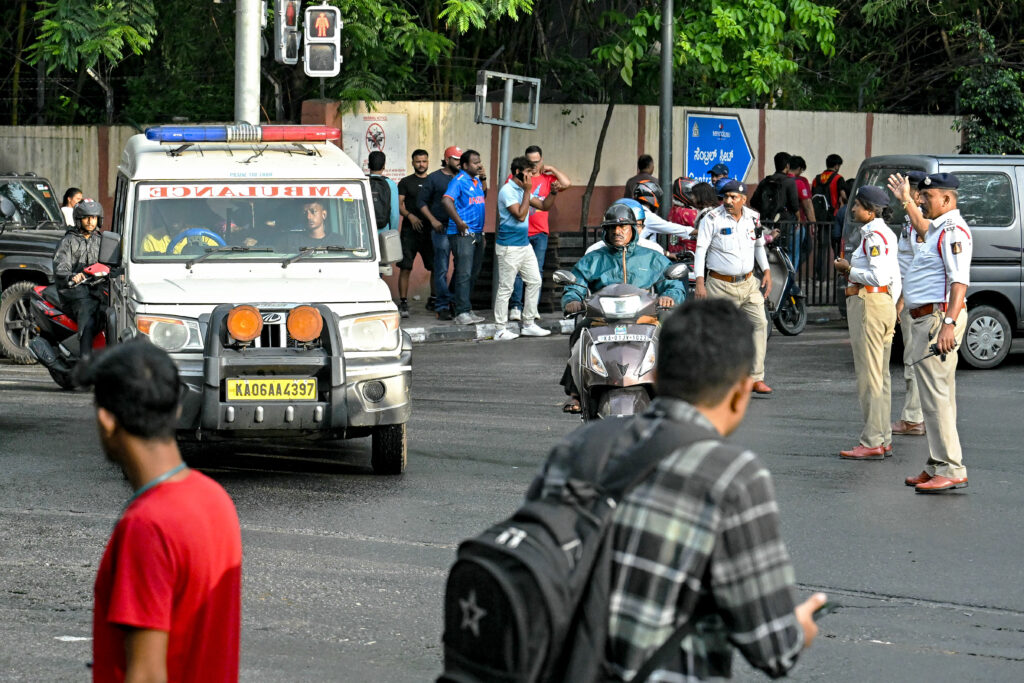Indian police arrest two after deadly cricket stampede: reports
Indian police have arrested two people including a senior executive at Royal Challengers Bengaluru, reports said Friday, after 11 fans were crushed to death during celebrations for the team’s maiden IPL title.Hundreds of thousands packed the streets in the southern city of Bengaluru on Wednesday to welcome home their hero Virat Kohli and his RCB team after they beat Punjab Kings in the final of the Indian Premier League.But the euphoria of the vast crowds ended in disaster when 11 mainly young fans died in a stampede near M. Chinnaswamy Stadium, where the players were parading the trophy.Media outlet India Today said that Nikhil Sosale, RCB’s head of marketing, was arrested at Bengaluru’s airport.The Indian Express newspaper reported Sosale was arrested along with an executive from an event management company.The deaths at what should have been a celebration have sparked widespread anger and top police officers including the city’s police commissioner have been suspended.The reported arrests came hours after Karnataka state’s Chief Minister Siddaramaiah said that “legal action has been taken against the representatives of RCB”, as well as the event organisers, and the state’s cricket association.Siddaramaiah said a first information report, which marks the start of a police investigation, had been “registered against them”. Local media reported that the charges include culpable homicide, not amounting to murder, among others.There was no immediate comment from RCB.- ‘Made to pay’ -Siddaramaiah, who only uses one name, also pointed the finger at some senior police.”These officers appear to be irresponsible and negligent and it has been decided to suspend them,” Siddaramaiah said.The dead were mostly aged between 14 and 29 and were among a sea of people who had poured onto the streets to catch a glimpse of their heroes.RCB offered financial aid of $11,655 to each family of the victims, calling the deaths “unfortunate”.Indian media have widely reported the team earned $2.3 million in prize money alone for taking the title on Wednesday.Kohli, who top-scored in the final, said he was “at a loss for words” after celebrations of a dream first IPL crown turned to tragedy. Prime Minister Narendra Modi called the accident “absolutely heartrending”. Siddaramaiah has said that the stadium had a capacity of 35,000 people “but 200,000-300,000 people came”.Deadly crowd incidents are a frequent occurrence at Indian mass events such as religious festivals due to poor crowd management and safety lapses.”The grim truth is that the fan, who drives the commerce of every sport, is the last priority for administrators,” The Hindu newspaper wrote in its editorial on Friday. “Asphyxia was the primary cause of death besides injuries suffered in the stifling rush,” it added. The pioneering IPL sold its broadcast rights in 2022 for five seasons to global media giants for an eye-popping $6.2 billion, putting it up amongst the highest-ranked sport leagues in cost-per-match terms.”The world’s richest cricket tournament can’t cut corners when it comes to fans’ safety,” the Indian Express newspaper wrote in an editorial. “A fitting tribute to those dead, therefore, is not mere signing a cheque but holding those in charge responsible — ensuring that heads roll, and those who dropped the ball Wednesday are made to pay.”
